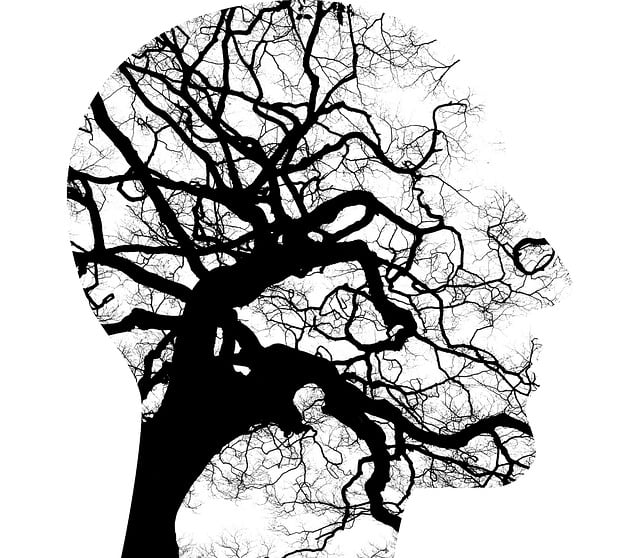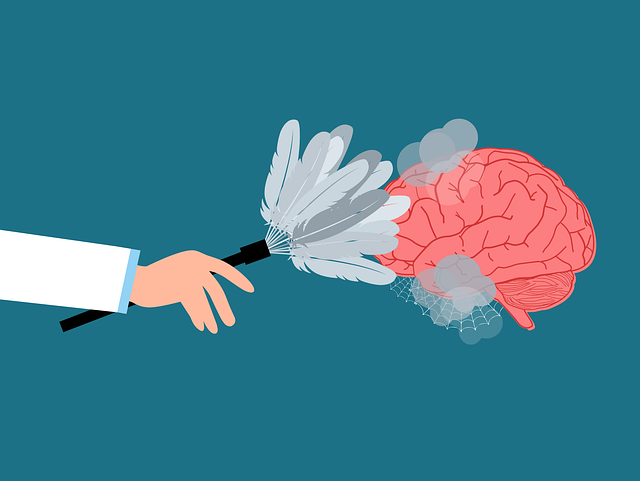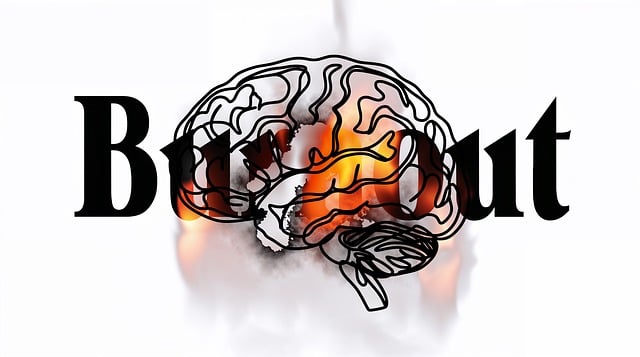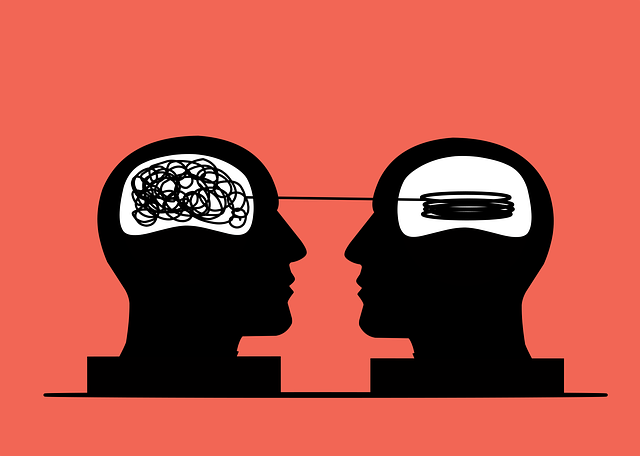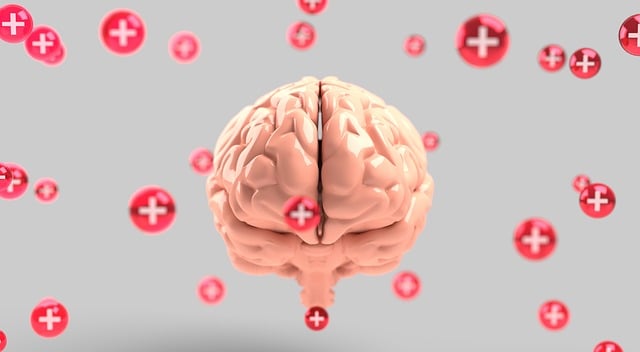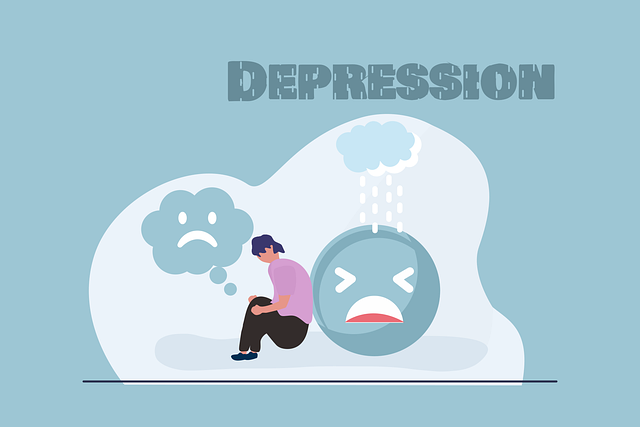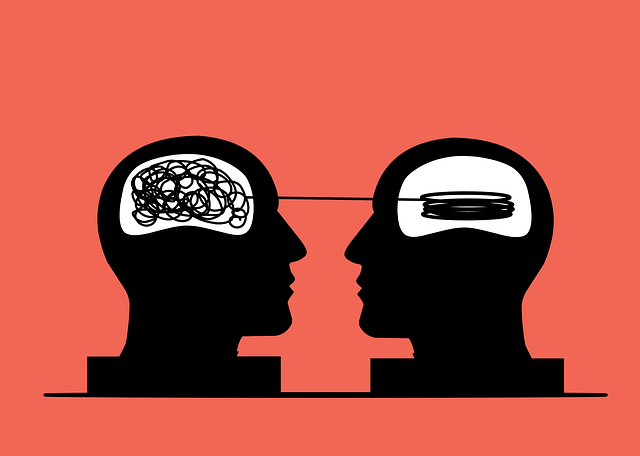Castle Rock German Speaking Therapy offers innovative mental wellness self-assessment tools tailored to diverse cultural backgrounds, integrating evidence-based practices with linguistic sensitivity. These assessments help individuals monitor emotional and psychological well-being, manage stress, improve relationships, and enhance quality of life through cognitive-behavioral therapy (CBT), mindfulness, and coping skills development. With intuitive, engaging interfaces designed for all users, these tools empower self-awareness and proactive mental health management, fostering resilience and overall well-being.
Mental wellness self-assessment tools are powerful resources for personal growth and understanding. This article explores the development of such tools, highlighting the essential role played by organizations like Castle Rock German Speaking Therapy in creating comprehensive assessments. We’ll delve into identifying key mental health indicators, incorporating evidence-based practices, and designing user-friendly experiences that foster engagement. By understanding these aspects, individuals can navigate their mental wellness journeys effectively.
- Understanding Mental Wellness Self-Assessment: A Foundation for Personal Growth
- The Role of Castle Rock German Speaking Therapy in Developing Comprehensive Tools
- Identifying Key Areas: Symptoms, Triggers, and Coping Mechanisms
- Incorporating Evidence-Based Practices into Self-Assessment Design
- User Experience Matters: Creating Accessible and Engaging Mental Wellness Tools
Understanding Mental Wellness Self-Assessment: A Foundation for Personal Growth

Understanding Mental Wellness Self-Assessment is a pivotal first step on the journey to personal growth and improved quality of life. These tools empower individuals to take an active role in monitoring their emotional, psychological, and mental health status. By regularly assessing one’s well-being, people can gain valuable insights into their strengths and areas that may require support or further exploration. This proactive approach enables individuals to make informed decisions about their lives, much like a Castle Rock German-speaking therapy session tailored to specific needs.
Self-assessment tools provide a framework for self-reflection, helping users identify patterns in their thoughts, feelings, and behaviors. They often include questionnaires or scales designed to evaluate various aspects of mental wellness, such as stress levels, mood stability, anxiety, and overall life satisfaction. These assessments can be particularly useful for those seeking personal growth, managing chronic stress through workshops offered by organizations like the Stress Management Workshops, or exploring alternative dispute resolution techniques to enhance relationships and well-being.
The Role of Castle Rock German Speaking Therapy in Developing Comprehensive Tools

Castle Rock German Speaking Therapy plays a pivotal role in the development of comprehensive mental wellness self-assessment tools. Their expertise in cross-cultural therapy ensures that these tools cater to diverse populations, offering valuable insights into unique mental health challenges and strengths within different cultural contexts. By integrating their knowledge with innovative practices, they contribute to creating inclusive assessments that resonate with individuals from various backgrounds.
This therapeutic approach also emphasizes the importance of language and communication in mental wellness. Their experience in German-speaking therapy enables them to develop tools that consider linguistic nuances, enhancing accuracy and effectiveness. This attention to detail, combined with their commitment to evidence-based practices, promises to elevate the quality of self-assessment experiences for a broader audience, ultimately facilitating better access to targeted interventions like Social Skills Training and Anxiety Relief, as exemplified through the production of their Mental Wellness Podcast Series.
Identifying Key Areas: Symptoms, Triggers, and Coping Mechanisms

Identifying key areas is a pivotal step in any self-assessment journey, especially when focusing on mental wellness. Individuals seeking support through Castle Rock German Speaking Therapy should reflect on various aspects to gain clarity and target specific concerns. Symptoms, such as persistent feelings of sadness, anxiety, or severe mood swings, are obvious indicators that something requires attention. Understanding what triggers these symptoms is equally important; is it a particular situation, stress at work, or relationships? Recognizing these triggers enables individuals to begin addressing the underlying causes.
Additionally, evaluating coping mechanisms becomes essential for holistic improvement. Are there healthy strategies in place to manage stress and difficult emotions? Or do individuals rely on unhealthy habits like excessive substance use or avoidance behaviors? Promoting positive thinking and mental health awareness can guide one towards adopting more adaptive coping techniques, fostering overall well-being.
Incorporating Evidence-Based Practices into Self-Assessment Design

Incorporating evidence-based practices into self-assessment design is a strategic approach to enhancing mental wellness tools’ effectiveness and reliability. At Castle Rock German Speaking Therapy, therapists leverage research-backed methods to create comprehensive assessments that accurately gauge individuals’ psychological well-being. For instance, integrating cognitive-behavioral therapy (CBT) techniques can help identify negative thought patterns and maladaptive behaviors, enabling the development of tailored interventions for stress reduction methods and burnout prevention.
By incorporating evidence-based practices like mindfulness exercises and coping skills development, self-assessment tools become more than just diagnostic aids; they foster proactive mental health management. These practices not only support individuals in navigating daily stressors but also empower them to build resilience, enhancing overall well-being. Such an integrated approach ensures that the assessments are both valid and valuable resources for personal growth and recovery.
User Experience Matters: Creating Accessible and Engaging Mental Wellness Tools

In the realm of mental wellness self-assessment tools development, user experience (UX) plays a pivotal role in fostering engagement and accessibility. Creating intuitive, user-friendly interfaces is essential to encourage individuals to actively participate in their mental health journeys. Tools like Castle Rock German Speaking Therapy recognize that an engaging UX can significantly enhance the effectiveness of self-assessments. By incorporating visually appealing designs, clear instructions, and interactive elements, these tools ensure users find them accessible, even for those who may be hesitant to engage with technology or struggle with mental wellness issues.
Self-awareness exercises and stress management techniques are key components often integrated into these platforms. Well-designed UX considers the importance of Self-Esteem Improvement by providing supportive environments that encourage honest self-reflection. Through thoughtful considerations, developers can create tools that cater to diverse user needs, making mental wellness assessments more inclusive and impactful. Engaging users in meaningful interactions not only promotes better understanding of their mental health but also paves the way for effective interventions and support strategies.
Mental wellness self-assessment tools, enriched by evidence-based practices and designed with user experience in mind, can significantly facilitate personal growth. As highlighted by Castle Rock German Speaking Therapy’s expertise, these tools should encompass key areas such as symptoms, triggers, and coping mechanisms. By integrating comprehensive assessments like these, individuals can gain valuable insights into their mental wellness, enabling them to make informed decisions and take proactive steps toward a healthier, more fulfilling life.

